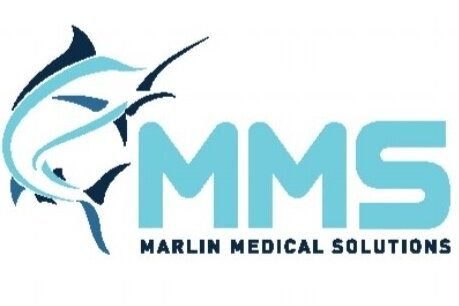How To Minimize Your Medical School Debt
In 2021, Americans are more indebted by student loans than ever. According to a recent report from the Federal Reserve, student loan borrowers owe a staggering $1.7 billion as of August. Medical school can cost anywhere from $40,000 to $60,000 per year and for many, those costs come on top of loans they took out for undergraduate work. So how can med school students pay down their debt quickly? Here are six ways to proactively manage your medical school debt, from minimizing the amount of money you need to borrow to discharging your debt quickly.
Start with grant programs and non-merit scholarships
Grant programs are generally need-based, rather than merit-based. Unlike loans, most grants do not come with repayment requirements. Some programs, like the Roothbert Fund and Schepp Foundation, are open to undergraduate and graduate students. These programs are not limited to medical school students. Other grant programs, such as those from the New York Academy of Medicine, support hands-on summer research and mentoring programs to supplement classroom learning.
Additionally, if you belong to a group that is underrepresented in the medical field, including women, minority students, and those from disadvantaged backgrounds, look for professional affinity groups that may offer grants or fellowships to help people like you.
Search for merit-based scholarships
Many medical schools offer merit-based scholarships based on undergrad grade point averages and MCAT test scores. UCLA, Johns Hopkins and Harvard are just a few of the schools that offer full scholarships. The World Scholarship Forum offers plenty of resources for students looking for financial assistance.
Be budget smart
By practicing good financial habits during med school and residency, you can set yourself up for success in the future. Set a budget, live within your means, never stop saving and make smart investments. This can set you up to successfully pay off student loans and plan for the future. Dave Ramsey is a well-known financial expert who has a tough-love attitude while giving advice. He is a great resource for those looking to gain financial freedom and plan for the future.
Student loan repayment for national service
If you are open to working in underserved areas, there are a number of student loan repayment programs for both federal and private loans. The National Health Service Corps (NHSC) was founded in 1972 to connect healthcare providers with communities where there is limited access to services. The NHSC Loan Repayment Program offers multiple loan repayment programs in return for two or three years of service in underserved communities. The NHSC also offers loan forgiveness programs for those serving in the Indian Health Service. If you are interested in serving in a particular state, the Association of American Medical Colleges maintains a database of state-level programs offering loan repayment programs in return for service.
Student loan repayment for military service
The U.S. military offers a number of ways to quickly pay down student loans in return for medical military service. Active duty and reserve medical officers provide general care for service members and deploy in special situations, such as emergency response. The U.S Army offers both scholarships and student loan forgiveness programs for active duty and reserve officers. Under the loan forgiveness program, the Army will repay a part of a soldier’s qualifying student loans. The U.S. Navy and U.S. Air Force offer similar programs, as well as Financial Assistance Programs (FAP) to support medical professionals during residency in return for post-residency military service.
Loan forgiveness programs for public service
The Public Service Loan Forgiveness (PSLF) program is a federal program that forgives the balance of certain types of loans in return for full-time service with U.S. federal, state, local, or tribal government, or with certain not-for-profit organizations. To qualify, you must be employed full-time with one of these entities for 10 years, while making your loan payments. In addition to government service, qualifying organizations include the U.S. military, AmeriCorps, Peace Corps, Doctors without Borders, and more.
Whether you are applying to medical school, working through your residency, or beginning your career, there are many options for reducing your student loans to pay down your debt faster.

